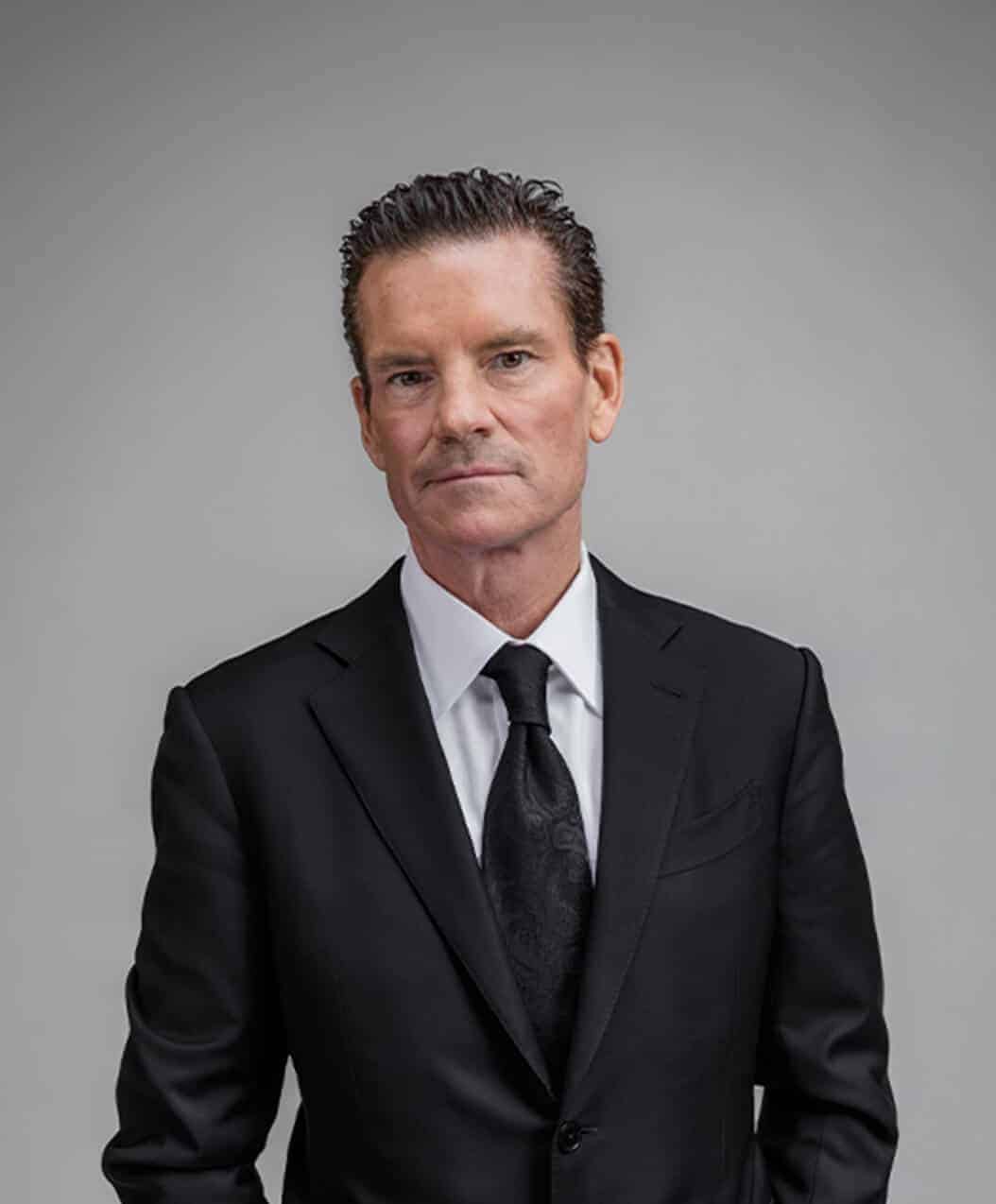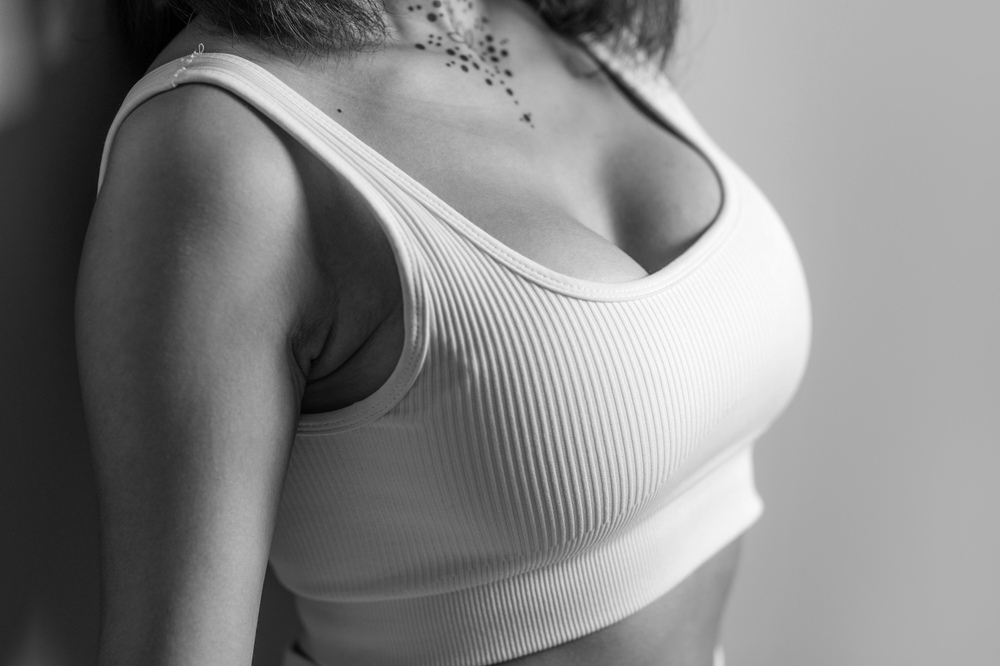August 9th, 2024
Dr. Mulholland, Md
Proper aftercare is crucial for a smooth blepharoplasty recovery, and keeping the eyelids clean helps reduce irritation and prevent infection. The skin around the eyes is extremely delicate, so this area needs gentle care and specific cleaning methods to support healing and lower the risk of complications.
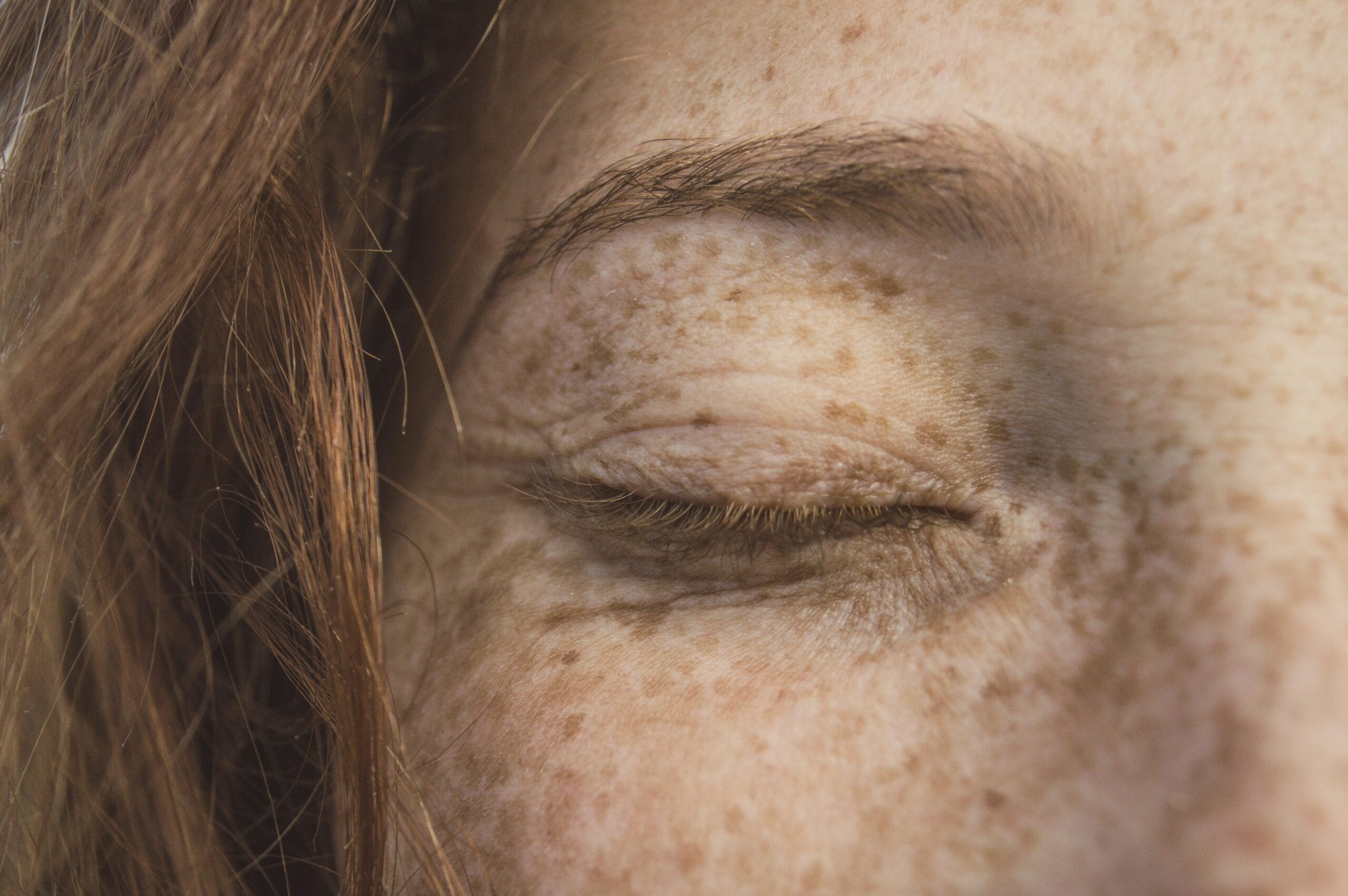
What Is Blepharoplasty (Eyelid Surgery)?
Eyelid surgery, or blepharoplasty, is a cosmetic procedure that corrects drooping or sagging eyelid skin.
This can involve surgery on the upper eyelids, lower eyelids, or both. Blepharoplasty can help you look more youthful and alert, and reduce dark circles or bags under and around your eyes.
Although blepharoplasty is commonly performed for cosmetic reasons, medically necessary eyelid surgery may also be recommended when excess eyelid skin interferes with peripheral vision. When blepharoplasty is performed to correct significant vision obstruction, the procedure may be considered medically necessary and eligible for insurance coverage, though this is not always the case.
There are two types of eyelid surgery: lower blepharoplasty and upper blepharoplasty. In lower blepharoplasty, an incision is made under the lower lashes, and excess skin, muscle, and fat are removed. Dr. Pirani may also redistribute fat to improve puffiness or bulges. Lower eyelid surgery can sometimes be performed with no external incision, leaving no visible scarring. In upper blepharoplasty, an incision is made in the upper lid crease, and excess skin and fat are removed. A portion of the orbicularis oculi muscle, which closes the eyelid, may also be removed to keep the eyelid taut. Dr. Pirani may remove fat closer to your nose and preserve fat in the middle of your eyelid to avoid a sunken appearance. The eyelid is closed with stitches.
What Is The Purpose Of Eyelid Surgery?
Eyelid surgery is performed to create a more youthful, alert appearance. Candidates for blepharoplasty are often self-conscious about excess skin, fat, or muscle around their eyes and the effect this may have on their appearance. Whether performed on the upper or lower lids, Blepharoplasty can result in heightened self-confidence and more self-assurance. For those whose excess eyelid skin obscures their peripheral vision, blepharoplasty can also significantly improve their quality of life.
A consultation with Dr. Pirani at Toronto Plastic Surgeons will help you determine what type of blepharoplasty is ideal for your desired outcome.
When You Can Begin Cleaning Your Eyelids
Knowing when to start cleaning your eyelids after surgery helps protect healing tissues and avoid irritation. In the first days after blepharoplasty, protective gauze or cotton pads may be placed over the eyes, and it is important to keep the area at rest until Dr. Pirani says it is safe to begin hygiene care. Once dressings are removed and Dr. Pirani approves, you can start gentle cleaning as part of your aftercare routine.
Keeping Your Eyelids Clean After Surgery
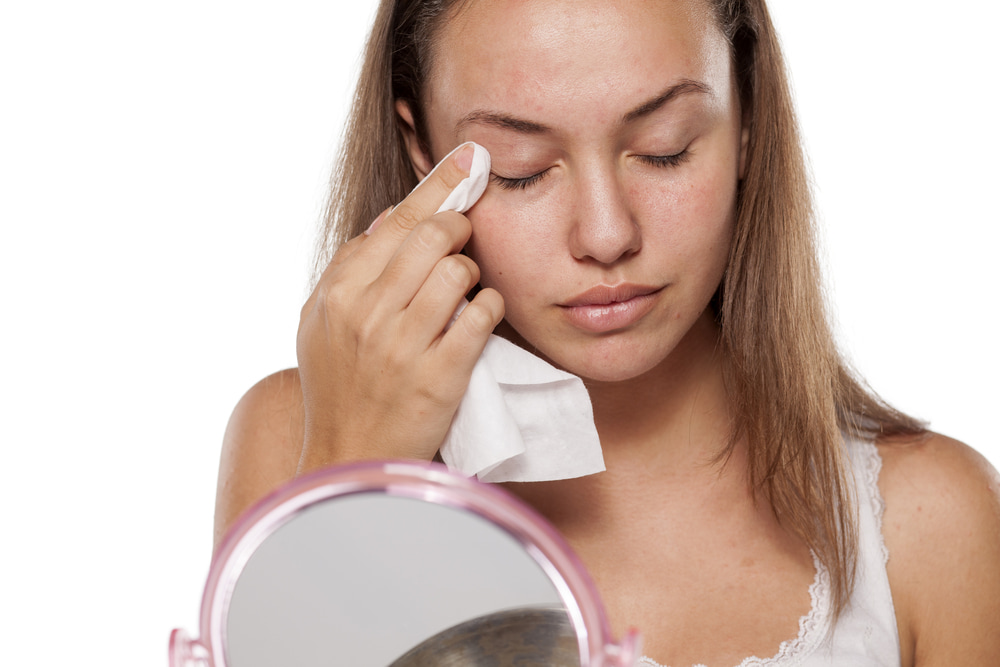
Before cleaning your eyelids, wash your hands thoroughly with warm water and antibacterial soap. Use a saline solution and sterile gauze pads to gently clean the lids, removing debris and any crusts that may have formed. You may need to soak the gauze pads and hold them over your lids to soften crusts. With your eyelids closed, gently dab to clear away crusts or debris, and clean your eyelashes from root to tip. Repeat this process twice a day for at least two weeks following your surgery.
Keeping your eyelids clean after your blepharoplasty procedure is an important step in minimizing the risk of complications.
What to Avoid When Cleaning Your Eyelids
To protect delicate tissues and reduce the risk of irritation, patients should avoid the following:
- Rubbing or pressing hard on the eyelids
- Using harsh soaps or cleansers near the surgical area
- Applying eye makeup during the early healing phase
- Touching or picking at scabs or crusts unnecessarily
Avoiding direct pressure and abrasive products helps keep the healing area clean without damaging sensitive skin.
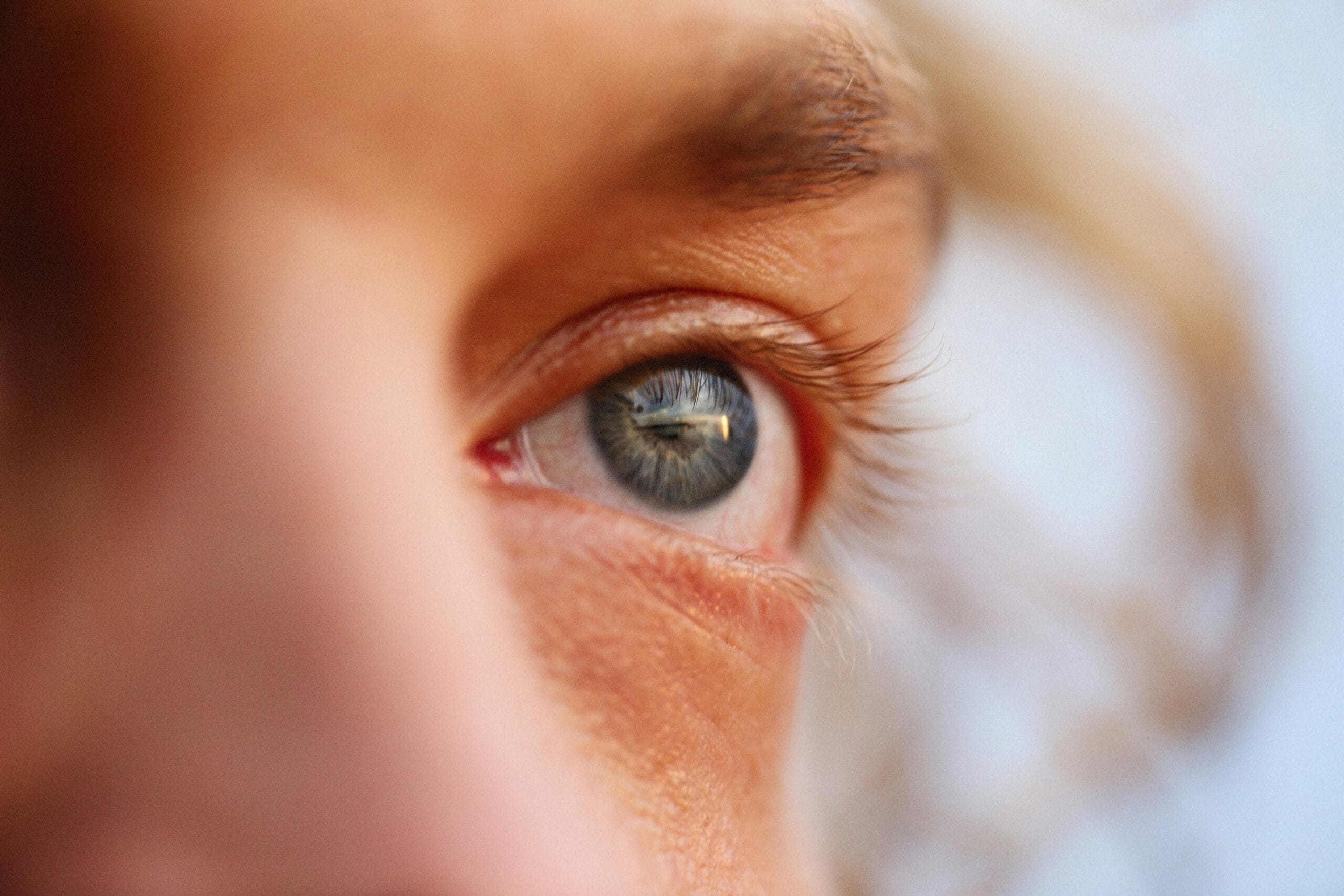
Additional Aftercare Tips Following Blepharoplasty
1. Expect To Take Time Off.
Although blepharoplasty is usually an outpatient procedure, most patients benefit from taking time off to rest during early recovery. Swelling, bruising, and temporary vision changes may make work or daily activities uncomfortable for several days. The time needed varies based on individual healing and job demands, and Dr. Pirani can provide guidance on when to return to work and regular routines.
2. Avoid Any Strenuous Activities
You will have some bruising and swelling, and you may have mild bleeding after surgery. You can ease these symptoms by applying light pressure to your eyes with a cold compress or ice packs. Avoiding strenuous activities that raise your blood pressure in the first few days will help reduce swelling and lower the chance of bleeding. While usually done in separate sessions, blepharoplasty and body-sculpting procedures like liposuction or a mini tummy tuck are often part of a broader aesthetic plan focused on full-body rejuvenation and recovery.
3. Protect Your Eyes
It is important to protect your eyes from sunlight and high winds right after surgery. Avoid sun exposure, and if you go outside, wear dark sunglasses with frames that cover your eyes and shield the sides of your face. Dr. Pirani may also suggest using eye drops to relieve dryness. For those seeking more comprehensive facial rejuvenation, blepharoplasty is often paired with a neck lift to enhance harmony across the jawline and lower face.
4. Limit Strain & Stress On Your Eyes
In the days after blepharoplasty, activities like reading, using a computer, or watching television can strain the eyes. Prolonged screen time or visual focus may increase dryness, irritation, and fatigue during early recovery. Limiting these activities and taking frequent breaks can help reduce eye strain and support a more comfortable healing process.
5. Get Plenty Of Sleep
Getting enough rest is one of the most important ways to support recovery after blepharoplasty. Prioritizing sleep allows the eyes to rest and helps the body heal more efficiently during early recovery. Patients are encouraged to nap as needed and avoid over-scheduling work, social events, or appointments in the weeks after surgery so they can rest when their body needs it.
Frequently Asked Questions About Cleaning Your Eyelids After Blepharoplasty
Is it safe to wash my eyelids right after surgery?
Immediately after surgery, protective gauze or cotton pads are typically placed on your eyes to shield the incisions. Once these are removed and Dr. Pirani gives the green light, you can begin gentle eyelid cleaning as described above.
How often should I clean my eyelids after blepharoplasty?
Most patients clean their eyelids gently twice a day for at least the first two weeks after surgery, but Dr. Pirani may adjust this based on your individual healing progress.
Can I get my eyelids wet in the shower?
You can shower normally when cleared by Dr. Pirani, but avoid letting direct water pressure hit your eyelids in the earliest stages of healing. Gently rinsing with mild water once it’s approved is fine, as long as you avoid harsh soaps or excessive rubbing around the incision area.
How to Choose the Best Blepharoplasty Surgeon
If you’re considering blepharoplasty or have questions about eyelid surgery and recovery, Dr. Asif Pirani, a board-certified plastic surgeon with advanced training in facial and eyelid procedures, offers personalized consultations tailored to your goals. With a focus on precision, safety, and natural-looking results, Dr. Pirani and the team at Toronto Plastic Surgeons are committed to guiding patients through every stage of their surgical journey.
Contact Toronto Plastic Surgeons to schedule a consultation and learn more about eyelid surgery and recovery options.
